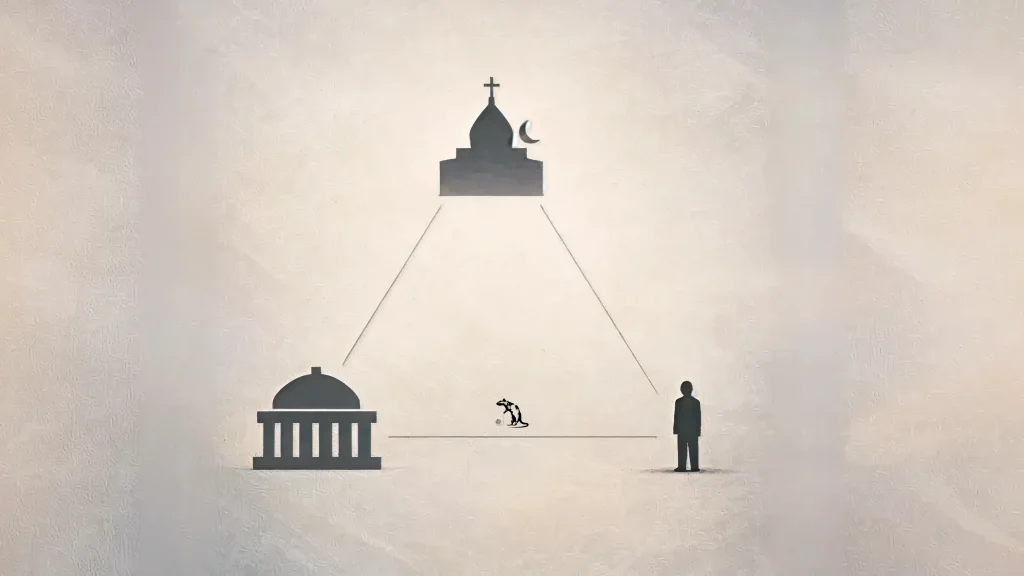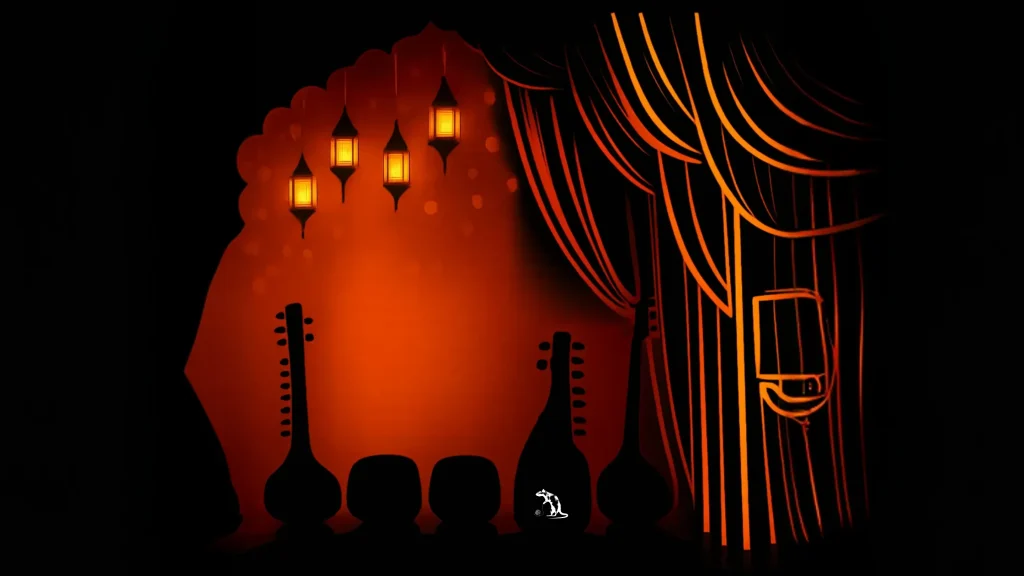Mama’s Boy – A Middle-Class Dilemma
The Bro Who Never Chose for Himself
In every urban middle-class street of Pakistan, you’ll find a specific kind of man. Twenty-seven years old, often dressed like a local alpha: stiff-collared kurta, oiled hair, a phone full of memes, and lips full of opinions. His social confidence is impressive; he can talk politics, cricket, and religion with ease. But dig slightly deeper and you’ll notice a strange hollowness. He has lived his entire life as a passenger, never as a driver. From which school to attend, what to study, whom to sit with, even when to pray, all these decisions were made on his behalf. Mostly by a parent, often by his mother. He’s not guilty of rebellion because he never had a thought to rebel. His personality is not self-built but borrowed. He’s been praised for being “obedient” but never asked whether he truly understands anything. People think he’s mature because he doesn’t party, but he’s not mature, just deeply controlled.
He is not stupid. In fact, he may have graduated from a good university. But his inner world is painfully underdeveloped. He doesn’t know how to make a plan, take a risk, or process failure. His biggest fear isn’t poverty or loss; it’s the fear of being alone in front of a real-life decision without a parent telling him what to do. He may have a job, some even drive their own car, but when the tire bursts or the salary is delayed, he panics like a child left behind at a wedding. The truth is harsh: the man is a boy dressed up in the outer skin of masculinity. Not because he’s weak, but because he was never taught how to hold the weight of living. A weight his mother carried so completely that it became invisible to him.
The Bro Who Can’t Lift a Spoon
This same man who quotes Instagram philosophers and speaks of “ghairat” and “mardangi,” cannot boil an egg. Forget eggs, he cannot refill the water bottle in his fridge. His idea of “helping at home” is sending a text from his bed to ask if chai is ready. He does not know where the soap tray is, where the light bulbs are kept, or how to fold a shirt. Ask him to do his laundry, and he’ll behave as if you asked him to harvest wheat with bare hands. Domestic work is not beneath him because of status, but it is beneath him because he’s never faced it. His mother (and sometimes sisters) has done everything: from ironing his kameez to packing his lunch to switching off the lights after he sleeps. He doesn’t know these acts are forms of care, he just treats them as background services, like Wi-Fi.
His pride comes from appearing in control, yet his life is a well-rehearsed dependency. He lives like a guest in his own house. The kitchen is foreign territory, the broom is an insult, and the idea of doing “female” work scratches his ego. But behind all this bravado is a deeper truth: this man does not know how to live with himself. He needs others to survive, not emotionally, but practically. Without someone making food, he’d starve. Without someone ironing clothes, he’d cancel the meeting. Without someone reminding him, guiding him, sheltering him, he is nothing but a grown infant. And yet, society claps when he sits cross-legged, lectures women on being “family-oriented,” and complains about women asking for “too much” in relationships. No one asks what he brings to the table, except his hunger and helplessness.
Emotional Weight? Please Ask Mama.
Now let’s talk about what truly matters: responsibility. The real kind. Not just making money or driving a car, but being able to carry another person’s emotional weight. These men are scared of emotional responsibility like it’s a fire they’ll get burnt by. They’ve never seen their father cry, never asked their mother how she feels, and never had a conversation about grief, loss, or confusion. So, when their sister gets hurt, they scold her. When their friend breaks down, they disappear. When their wife needs them to show up, not with money, but with presence, they crumble. They were never raised to be emotionally available. Only financially useful. And when even that isn’t guaranteed, what’s left?
Their parents shielded them from everything, except their own immaturity. And now, when real life arrives with its messy demands, marriage, children, job loss, illness – they have nothing to offer but silence or rage. He has no language to process conflict, no skill to resolve disputes, and no training in compromise. All his life, problems were solved by parents. So, as a husband or father, he defaults to the only thing he knows: denial, blame, or escape. He doesn’t want a partner; he wants a replacement mother. And when his relationships fail, he wonders why women “don’t stay loyal.” He believes he’s a man because his voice is deep and his beard is full. But manhood is not a hormone. It’s a habit. Built slowly, in kitchens, in arguments, in grief, in apology, in responsibility.
Who Built This “Bro” & Why?
But let’s not put this boy on a public trial while ignoring the architects behind him. This isn’t just his fault. This is a culture. Mothers who love too deeply but also fear too deeply, so they do everything for him instead of with him. Fathers who demand respect but never model empathy. Families that raise daughters to survive and sons to be served. This boy is a product of that emotional inequality. When his sister is 14, she’s cooking dinner. When he’s 24, he’s still asking for tea. We have created homes where the girl is raised for the world, and the boy is raised for himself. And then we complain when the girl wants freedom, and the boy fails to lead. What did we expect?
This isn’t a blame game. This is an invitation to reflect. What kind of man are we raising behind these clean curtains and perfect family photos? Are we building leaders, or just well-fed dependents? Can these boys ever carry another’s burden, or even their own? And if they can’t, what happens when the parents are gone, and life knocks with its bills, heartbreaks, and betrayals? What will this man do when no one picks up the phone at home? What will he become when the world asks him to grow up?
Or maybe…
He will finally learn – painfully and slowly – what life truly demands.
Or maybe he won’t.
And we’ll keep calling it fate, instead of family failure.



